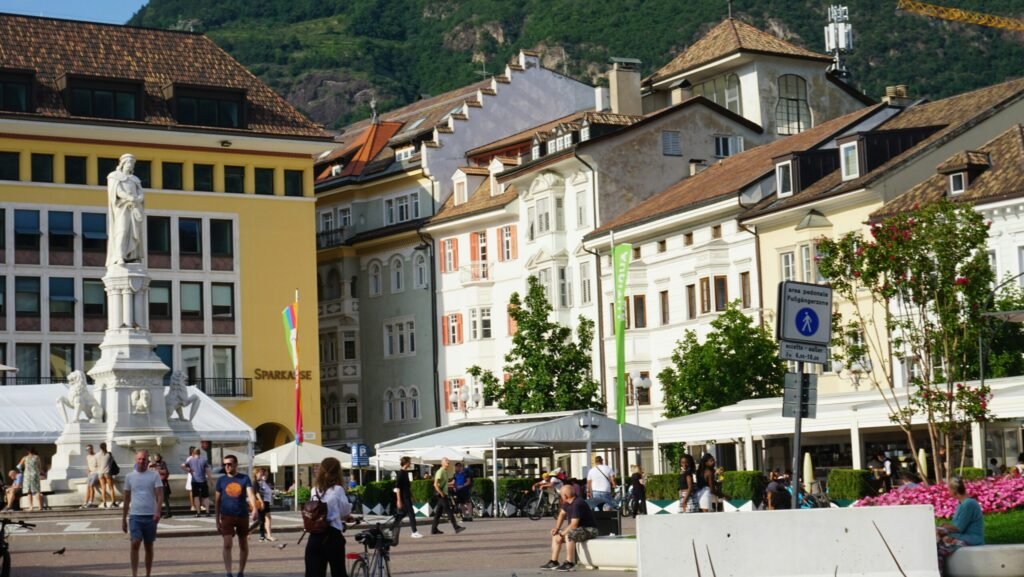
If I asked you how many languages are spoken in Italy, you might first think about dialects. And you’d be right — there are at least 20, one for each Italian region, with variations in every province and even municipality.
But here’s the surprise: beyond dialects, Italy officially recognises 12 minority languages. These aren’t just spoken at home — they’re taught in schools, appear in newspapers, and are even used for official documents in certain regions.
The 12 Recognised Minority Languages in Italy
- French — in Valle d’Aosta
- German — in South Tyrol (Bolzano)
- Slovene — in Trieste and Gorizia
- Friulian — in Friuli Venezia Giulia
- Sardinian — on Sardinia (in several variants)
- Ladin — in the Dolomites (Trentino and South Tyrol)
- Occitan — in the Piedmontese Alps
- Provençal — also in Piedmont
- Catalan — in Alghero (Sardinia)
- Greek — in Calabria
- Albanian (Arbëresh) — in Calabria, Basilicata, Sicily
- Croatian (Molise dialect) — in the Molise region
Why So Many Languages?
Italy is a mosaic, not a monolith. Before the country was unified in 1861, there were dozens of independent kingdoms and duchies, each with its own language and history. Many of today’s minority languages are spoken by descendants of migrants who settled here centuries ago.
In 1999, the Italian government officially recognised these languages under Law 482/1999, granting them protected status. Since then, in certain areas, schools, local administrations, and cultural life operate in both Italian and the minority language.
Italy: One Country, Many Italies
You can study Italy for decades and still discover something new. If you’re looking for “one” Italy, it doesn’t exist — there are dozens, all equally authentic.
And if you’re looking for your Italy, we can help you find it.
© ITALTY — Your Italian Realty
We write about buying real estate in Italy with maximum benefit for you, without risks and stress.